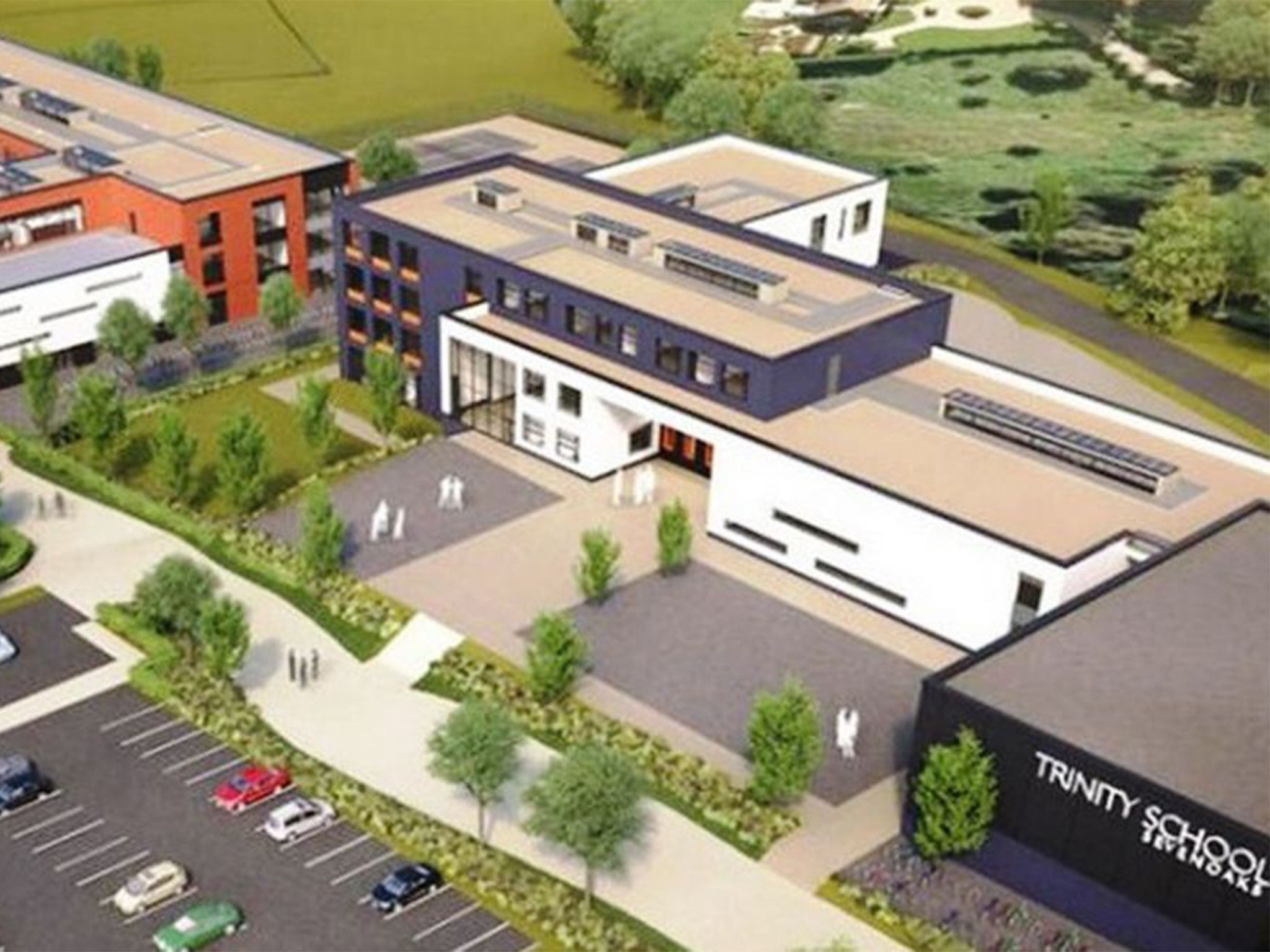Why grammar schools are a good idea
My school taught ancient Greek – try finding that in a state school today


Given the choice between stats and personal experience, I give a heavy weighting to the latter. So it is with the grammar schools. Bad in theory, bad on the stats, at least on a superficial inspection, and flawed, no doubt – but for those who went to one, they represented a ladder of opportunity which has since disappeared.
Mine was fairly typical. The Wyggeston Grammar School for Boys, in Leicester, thought it was a public school, for good or ill. The masters wore gowns, you called them “Sir” and stood up when they arrived in the classroom. They caned you, but they were also gifted, eccentric and inspirational, and gave their lives to the place.
When I arrived in 1973 the Lower School Master, Mr Greenhow was about to retire. He had joined in 1937. He was not unusual. Rugby and cricket were the official sports; football was discouraged. We sent a decent proportion to Oxbridge, and I was one of them. Had I been born in 1972 rather than 1962, by which time Leicestershire had started to abolish the grammars, I would not have had the life chances I have had.

I am under no illusions, though. The place was a middle-class racket; most of my schoolmates’ parents were architects, surgeons, accountants and the like. If there’d been no grammar, they’d have sent their boys to a fee-paying school. Very few were from poorer backgrounds; I’d say about 20 per cent.
Yet had that 20 per cent gone to a comp, they would have had a far worse schooling – while the kids at the secondary moderns and the comps did no better because the grammar was scrapped. It was a case of education levelling down rather than up and so even more poorer children missed out on university.
My school taught ancient Greek. Try finding that in a state school today.
Join our commenting forum
Join thought-provoking conversations, follow other Independent readers and see their replies
Comments
Bookmark popover
Removed from bookmarks